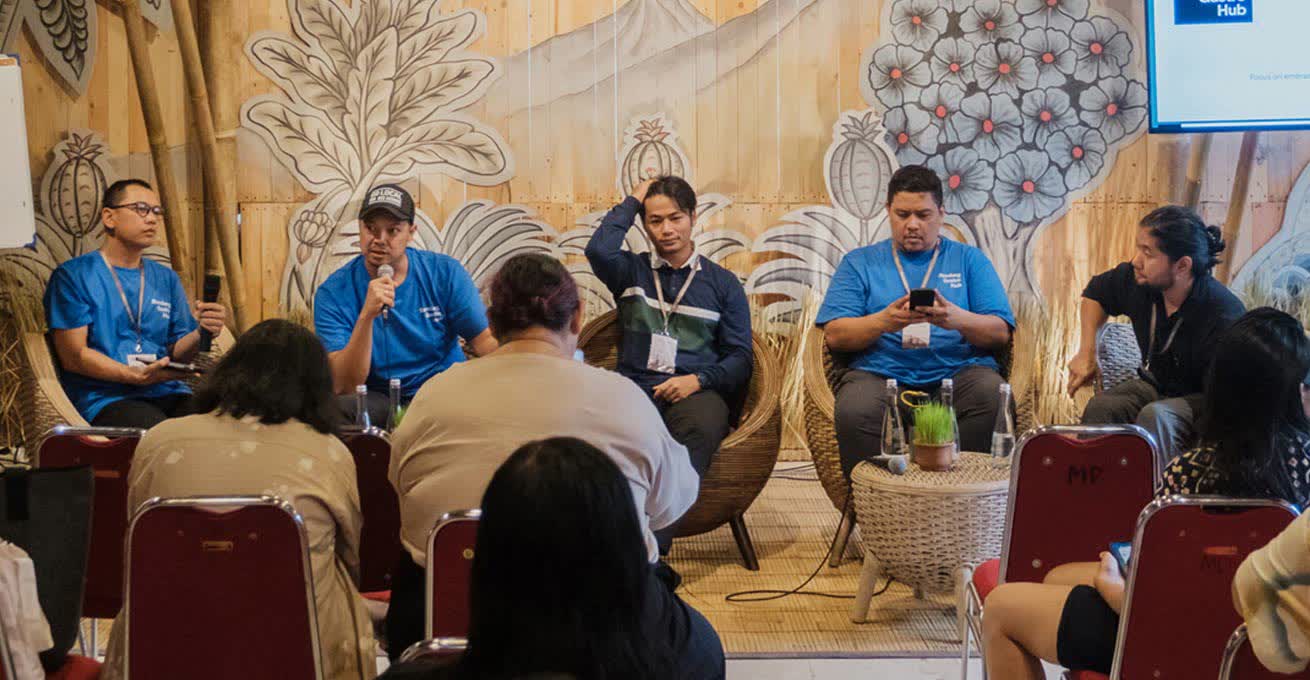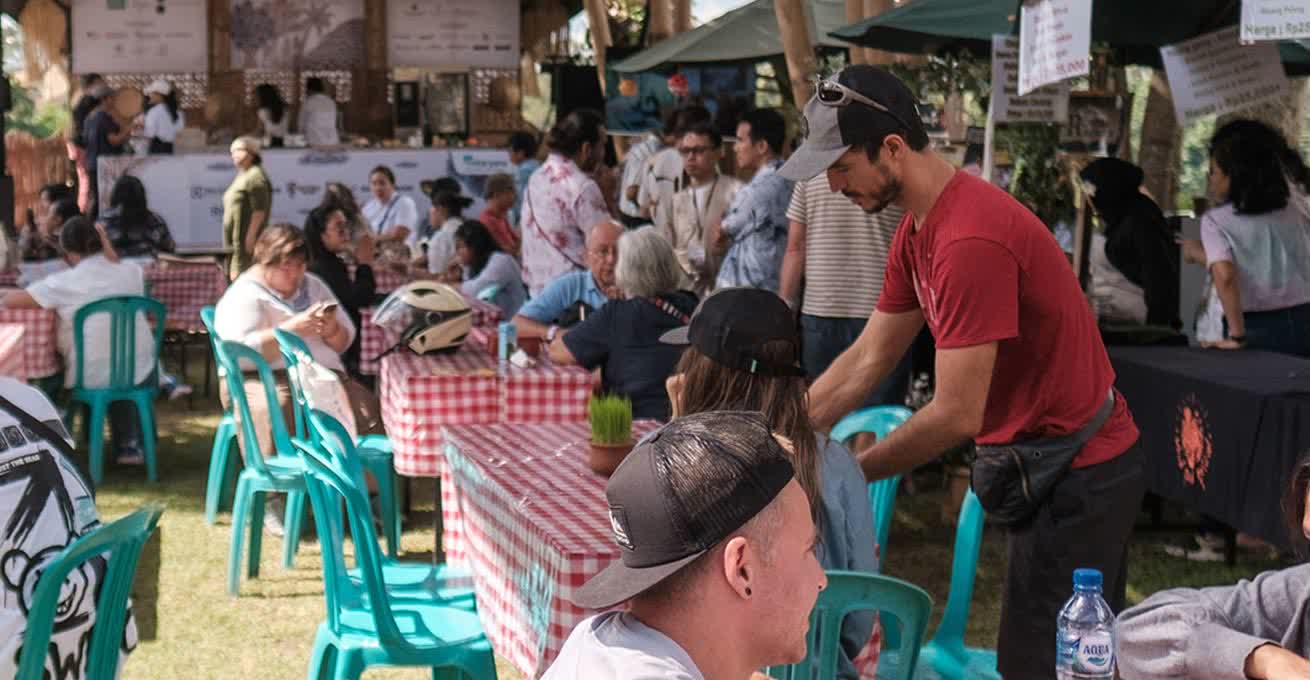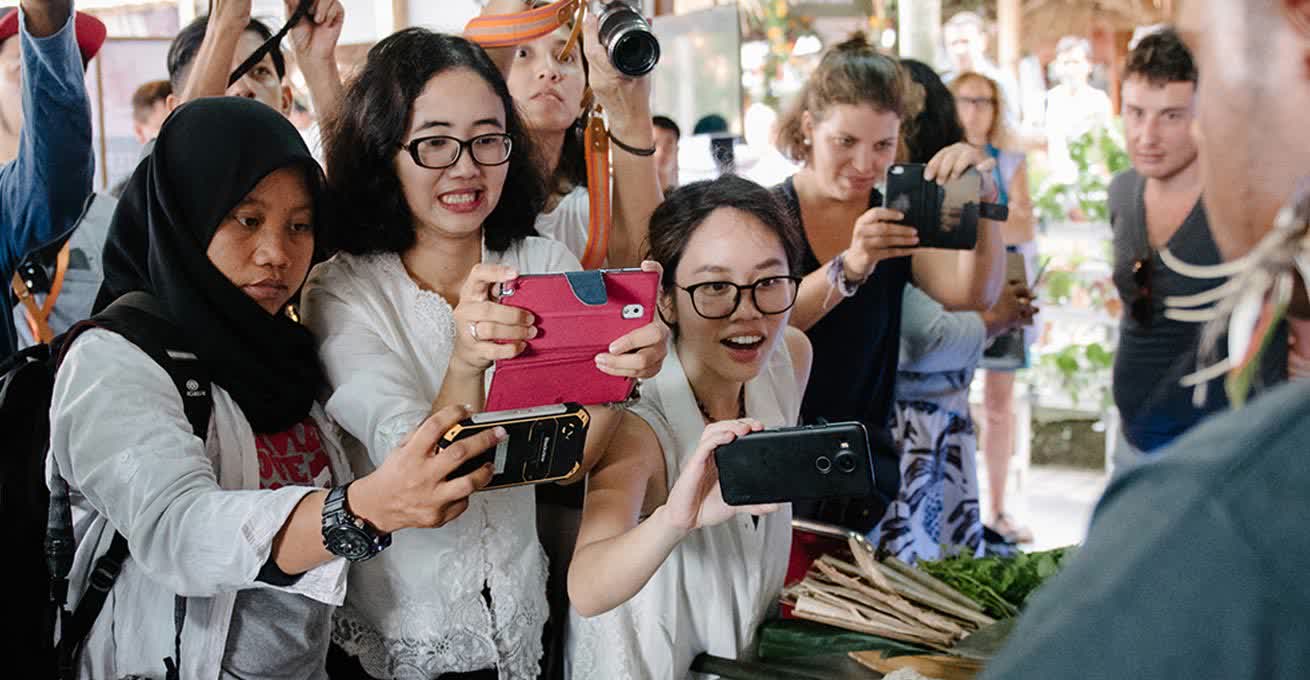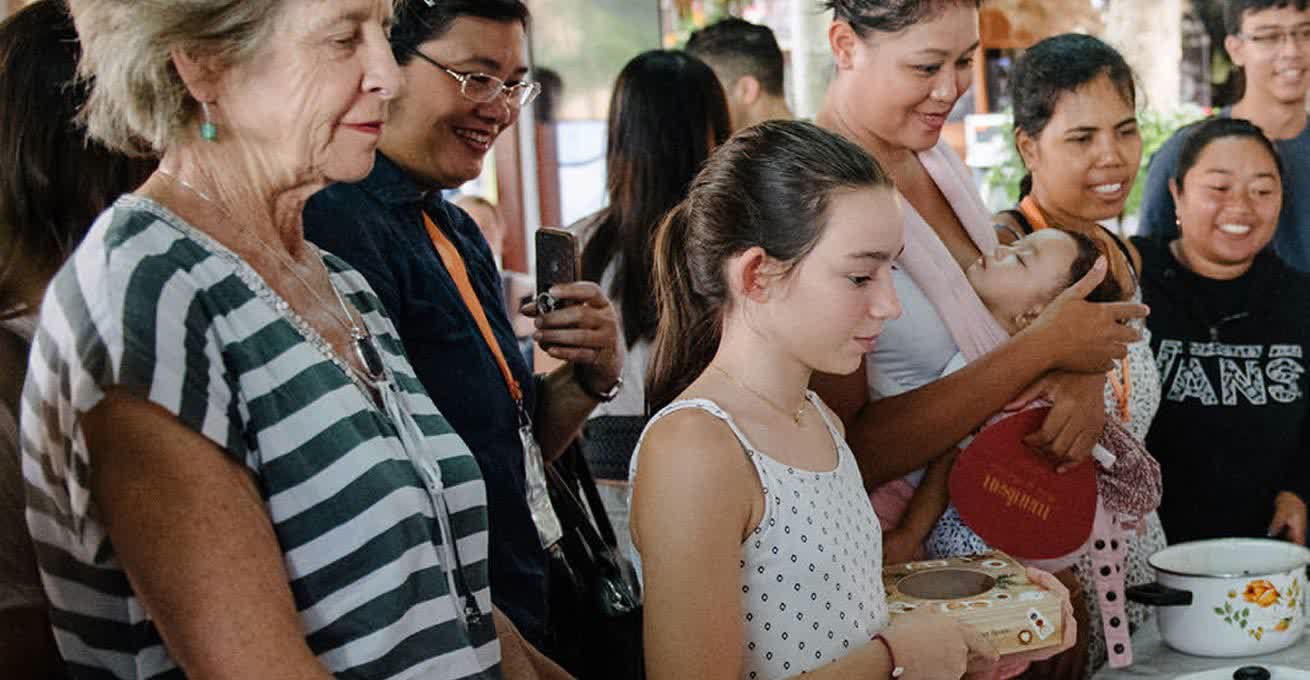The Scrumptious Delights of Ubud Food Festival 2024

This year’s Ubud Food Festival runs from 31 May to 2 June 2024, as the finest food festival in Bali hits Ubud for three days. The weekend festival includes delectable events and masterclasses, such as live cooking, organic markets, live music, and showcasing Indonesia’s diverse and rich food. Mark your calendar and find the most finger-licking gourmet street food offerings at this year’s festival, which will be held at Taman Kuliner on Jalan Raya Sanggingan, Ubud.
What is the Ubud Food Festival in Bali?
The first Ubud Food Festival was held in 2015 by Yayasan Mudra Swari Saraswati, who organises the Ubud Writers and Readers Festival every October. The Ubud Food Festival aims to place Indonesian cuisine at the forefront throughout the three-day festival. Every year, the increasing number of visitors, speakers, chefs, and authors has made this culinary festival the biggest in Bali. This is not only the place to gain a deeper insight into Indonesian cuisine and tradition but also a celebration of live music, film screenings, and discussions about food.

The Culinary Festival of Ubud Food Festival 2024: Take It To The Streets
The festival’s theme for this year is Take It To The Streets; an expedition and journey through the history, tradition, and innovation of food across the streets of Indonesia and beyond. The festival believes that every bite tells a story of tradition in Indonesia, which is why each mouthwatering food type scattered among the stalls is the perfect way to discover the wealth of flavours of Indonesia’s best dishes.
The Lineup, Venue, Ticket, Workshop, Masterclass, and Special Events at Ubud Food Festival 2024

The Ubud Food Festival has always been the place where foodies meet. Not only people who enjoy good food but also those who want to gain a more profound knowledge about it, which is why the festival has prepared some delectable events for attendees.
Events and Workshops at the Ubud Food Festival
- Discussion and panel talk – the festival has invited speakers to share their knowledge about food; from chefs, experts, and food journalists to celebrity chefs. Renowned chefs like Blake Thorney and Chris Salans from Mozaic, Andres Becerra from Santanera Canggu, and Deepanker Khosla from Haōma in Bangkok, the seafood expert Blane Olson, and mushroom master Aaron Boyer from Locavore NXT will be at the festival. This is the chance to meet the chefs and restaurateurs in person.
- Cooking demonstrations – this session has always been one of the most awaited by the audience, and this year is no different.
- Dining and cocktail events – during the festival, there will be several themed dining events in which you can participate. From a Long Table lunch at Casa Luna and a gastronomic dinner at Amandari to a BBQ & Beer party at Juggan Sky Rooftop Bar and the World’s 50 Best Bar Penicillin Takeover at Ambar, you’ll be mesmerised by these vibrant and flavorful events.
- Side events – some other festival highlights include picking up the freshest ingredients at Bali’s outdoor events with local experts. Four Indonesian chefs will have cooking demos to share their take on the food from their hometowns at the Pulang Kampung event at Nusantara Kitchen and, of course, the special opening night party.
Venue of the Ubud Food Festival

Taman Kuliner on Jalan Raya Sanggingan is the festival hub where the Food Market, with around 70 food stalls, will pamper you with delicious snacks and food. Access to Taman Kulines is one of the free events at the festival. However, special events and masterclasses are held at their respective venues throughout Ubud, as indicated on the Ubud Food Festival’s official website.
Tickets for the Ubud Food Festival
Tickets are available to purchase at the festival’s official website. For food tours, special events and masterclasses, you need to obtain different tickets as they are not included in the festival ticket.
The Ubud Food Festival is a festival that consists of three days filled with the island’s best chefs, food, venues, and live entertainment. The 2024 events run from 31 May to 2 June and are certainly providing the perfect opportunity to try Bali’s best gourmet delights and experience the perfect weekend getaway to Ubud!
OTHER ARTICLES
-
Desert Dwellers, Hatch, Bali
Putri
12.01.2024
-
The 10th World Water Forum will be held in Bali from 18-25 May
Catur
03.05.2024
-
Kölsch
Putri
14.01.2024
-
Nyepi (Day of Silence)
Putri
06.02.2024




